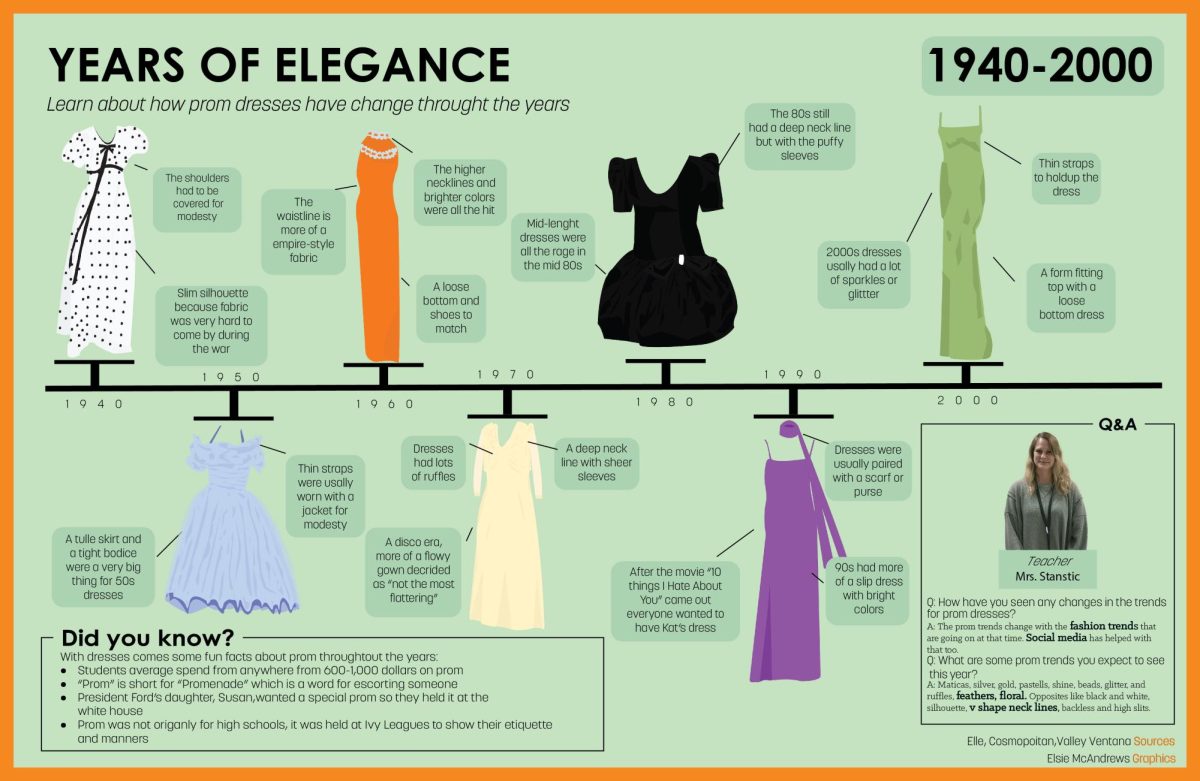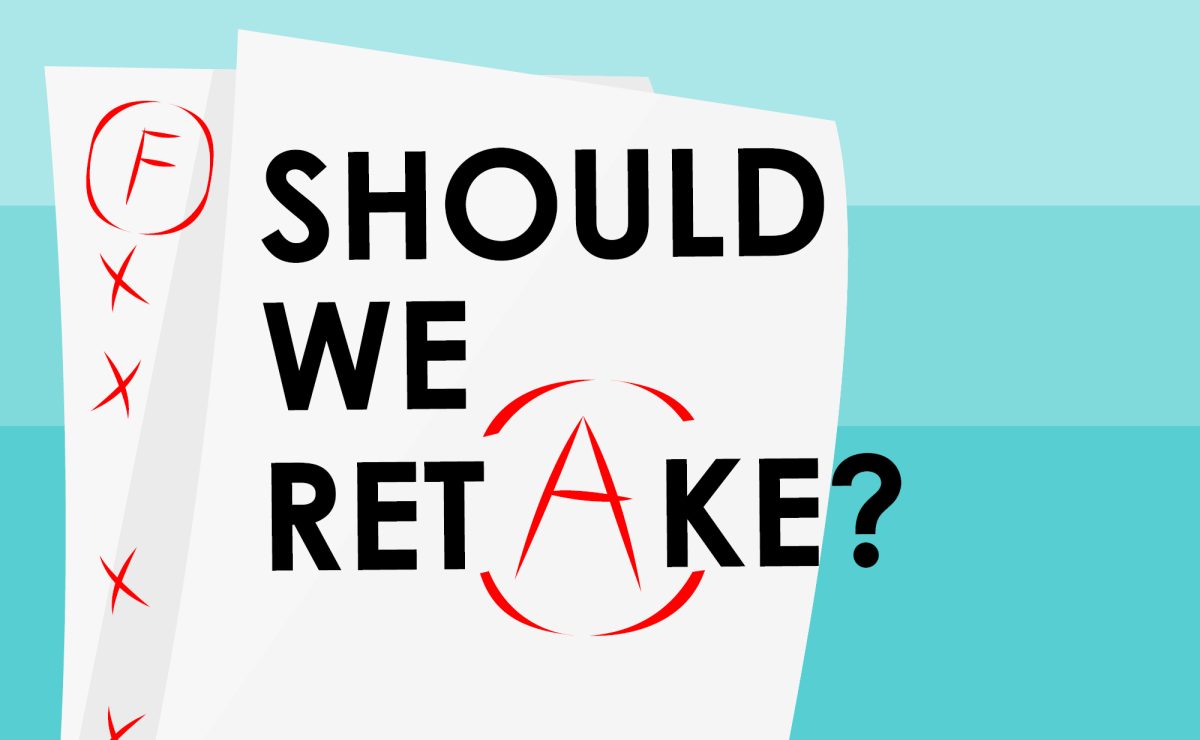By Sara Rogers
<[email protected]>
In 2010, I was exposed.
As an active user of social networks and electronic devices, a good portion of my life plays out daily by means of the evolving, boundless and ever-terrifying realm of technology. Granted, my information is always secured and protected by various privacy settings. In the last year, that sense of security broke down as recent developments ushered in an era of information sharing, making many people’s lives uncomfortably public.
According to a Wall Street Journal study conducted in December of last year, 56 of the 101 most used smartphone applications sent the phone’s ID code to companies without user consent. Forty-seven others sent the phone’s location without consent. The most unnerving were the five applications that sent personal information, including age and gender, to outside sources.
While this information sounds scary, I wasn’t too worried. I carefully monitor what I post online, what others post about me and how I use my beloved Blackberry. Only under very rare circumstances did I give away any of my personal information. I was safe. Or so I thought.
According to the Wall Street Journal, applications I used and used often, such as ESPN ScoreCenter, Facebook, Pandora Radio, The Weather Channel and “Angry Birds,” a popular iPod game, regularly transmit information from users to third party marketers.
Like many of you, I’ve given up a fair amount of my free time to access these applications on my iPod Touch and on my phone. Little did I know, I was unknowingly giving up my personal information, phone ID and current location to hundreds of people who I will never meet.
Smartphone applications are far from the only culprits in this situation. In October of last year, Facebook faced a similar problem after it was revealed that the site released user data to marketers and Internet trackers without permission from its users.
More recently, a warning circulated on Facebook notifying users of Spokeo, a website search engine designed to amass information from a wide range of sites and develop user profiles based on a phone number, e-mail address, name or username. I decided to check out the site, emblazoned with the phrase “not your grandma’s phonebook.” Well that’s certainly true, seeing as my grandmother would never be so creepy.
After typing in my home phone number, the site immediately brought up results. The page itself had my mother’s name, her approximate age, marital status and ethnicity. It gave a Google Maps image of my neighborhood and a view of my house from the street. Big Brother wasn’t just watching me, he was taking pictures.
The page knew the number of bedrooms in my house as well as the square-footage. It could even pinpoint my mother’s “lifestyles and interests,” providing an eerily accurate portrayal.
While users can take their names, phone numbers and e-mail off of the registry, this website still embodies the ease with which information is available on the Internet. To put it simply, everything shows up somewhere.
While little has been resolved in regards to digital privacy, it’s comforting to see that advocacy groups, journalists and lawmakers are not letting this issue fall to the wayside. Congress and the Federal Trade Commission (FTC) plan to work in conjunction this year to combat free releasing of private information.
Similar to the “do not call” list, both groups hope to develop a “do not track” list to prevent online monitoring of personal information. For an additional preventive resource, the White House developed the Subcommittee on Privacy and Internet Policy in October of last year.
According to the official White House blog, the goal of the committee is to “develop principles and strategic directions with the goal of fostering consensus in legislative, regulatory, and international Internet policy realms.”
However, humans are social beings. We thrive on person-to-person interaction and sharing information with others, whether to help give directions, refer friends to restaurants or movies or show pictures from a recent vacation. It’s entirely unrealistic to believe that any list or legislation will change such deep-rooted habits.
The solution falls in the hands of the public. Despite privacy settings and pending legislation, I am only as safe as my last post.
I only hope that everyone will choose to be a little more cautious this year on Facebook and elsewhere. That’s something we can all “like.”



















































![Review: “Suits” is a perfect blend of legal drama and humor [MUSE]](https://hilite.org/wp-content/uploads/2024/04/unnamed-1.png)
![Chelsea Meng on her Instagram-run bracelet shop [Biz Buzz]](https://hilite.org/wp-content/uploads/2024/04/IMG_2446-1200x838.jpg)
![Review: Quiet on Set: The Dark Side of Kids TV is the long awaited exposé of pedophilia within the children’s entertainment industry [MUSE]](https://hilite.org/wp-content/uploads/2024/04/unnamed.jpg)
![Review: “The Iron Claw” cannot get enough praise [MUSE]](https://hilite.org/wp-content/uploads/2024/04/unnamed.png)
![Review: “The Bear” sets an unbelievably high bar for future comedy shows [MUSE]](https://hilite.org/wp-content/uploads/2024/03/unnamed.png)
![Review in Print: Maripaz Villar brings a delightfully unique style to the world of WEBTOON [MUSE]](https://hilite.org/wp-content/uploads/2023/12/maripazcover-1200x960.jpg)
![Review: “The Sword of Kaigen” is a masterpiece [MUSE]](https://hilite.org/wp-content/uploads/2023/11/Screenshot-2023-11-26-201051.png)
![Review: Gateron Oil Kings, great linear switches, okay price [MUSE]](https://hilite.org/wp-content/uploads/2023/11/Screenshot-2023-11-26-200553.png)
![Review: “A Haunting in Venice” is a significant improvement from other Agatha Christie adaptations [MUSE]](https://hilite.org/wp-content/uploads/2023/11/e7ee2938a6d422669771bce6d8088521.jpg)
![Review: A Thanksgiving story from elementary school, still just as interesting [MUSE]](https://hilite.org/wp-content/uploads/2023/11/Screenshot-2023-11-26-195514-987x1200.png)
![Review: When I Fly Towards You, cute, uplifting youth drama [MUSE]](https://hilite.org/wp-content/uploads/2023/09/When-I-Fly-Towards-You-Chinese-drama.png)
![Postcards from Muse: Hawaii Travel Diary [MUSE]](https://hilite.org/wp-content/uploads/2023/09/My-project-1-1200x1200.jpg)
![Review: Ladybug & Cat Noir: The Movie, departure from original show [MUSE]](https://hilite.org/wp-content/uploads/2023/09/Ladybug__Cat_Noir_-_The_Movie_poster.jpg)
![Review in Print: Hidden Love is the cute, uplifting drama everyone needs [MUSE]](https://hilite.org/wp-content/uploads/2023/09/hiddenlovecover-e1693597208225-1030x1200.png)
![Review in Print: Heartstopper is the heartwarming queer romance we all need [MUSE]](https://hilite.org/wp-content/uploads/2023/08/museheartstoppercover-1200x654.png)























![Review: Ladybug & Cat Noir: The Movie, departure from original show [MUSE]](https://hilite.org/wp-content/uploads/2023/09/Ladybug__Cat_Noir_-_The_Movie_poster-221x300.jpg)

![Review: Next in Fashion season two survives changes, becomes a valuable pop culture artifact [MUSE]](https://hilite.org/wp-content/uploads/2023/03/Screen-Shot-2023-03-09-at-11.05.05-AM-300x214.png)
![Review: Is The Stormlight Archive worth it? [MUSE]](https://hilite.org/wp-content/uploads/2023/10/unnamed-1-184x300.png)

